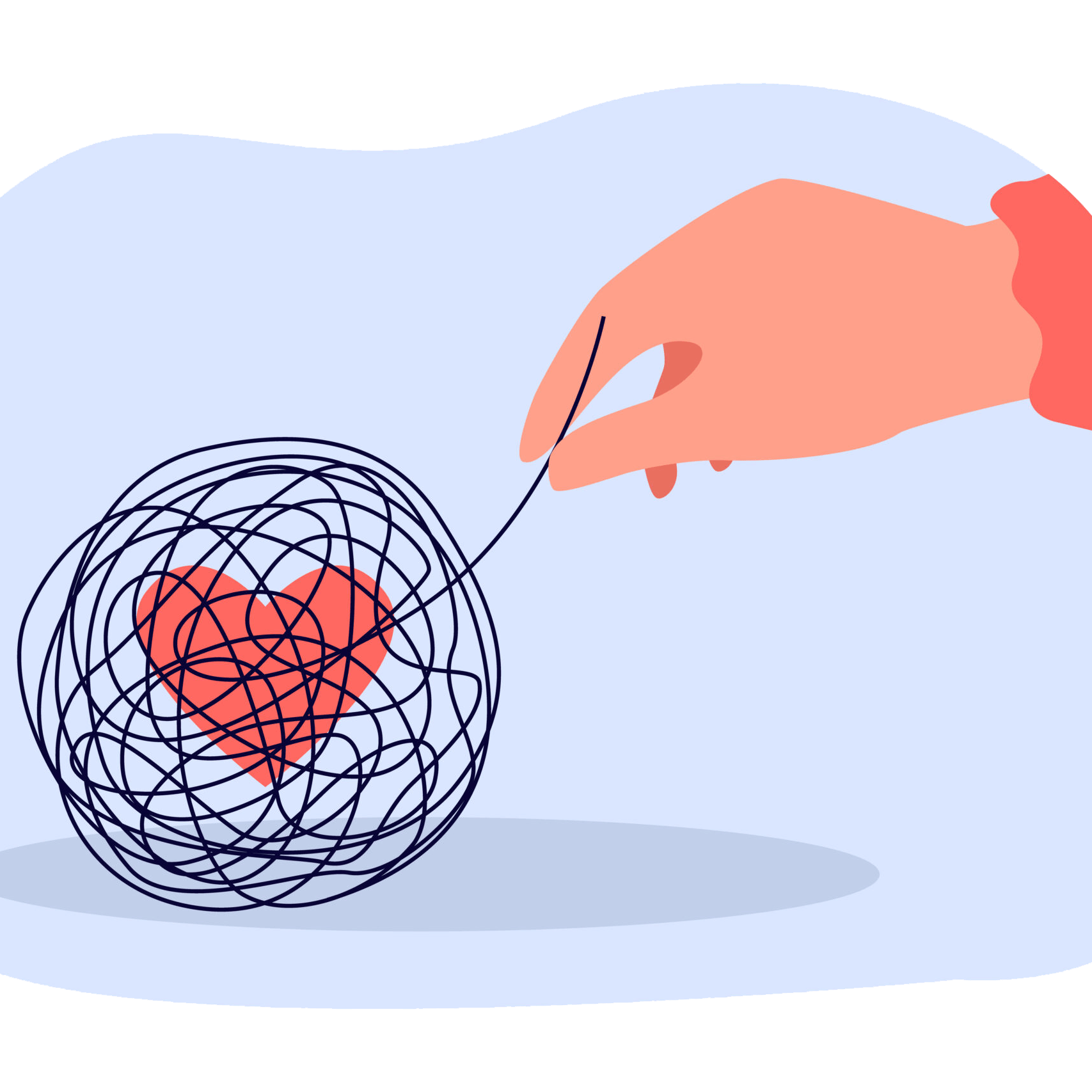Trauma therapy
Trauma therapy is a form of psychotherapy that focuses on helping individuals who have experienced traumatic events. The goal is to reduce trauma-related symptoms such as anxiety, depression, sleep disturbances, fears, and post-traumatic stress disorder (PTSD). Trauma therapy also aims to improve a person’s ability to process and integrate traumatic experiences, as well as to enhance their resilience and quality of life.
Trauma psychotherapy can address both psychological symptoms arising from single crisis situations and the effects of complex, recurrent trauma on an individual’s life. Trauma psychotherapy progresses in a safe and calm manner, using therapeutic methods that have been proven effective and beneficial.
Trauma psychotherapy always begins by addressing the impact of trauma on the present moment. This type of psychotherapy can be divided into three phases, each marking a stage in the therapy process. These phases are the stabilization phase, the processing phase, and the reorientation phase.
In the stabilization phase, the focus is on increasing the client’s resources, enhancing their sense of safety, and their ability to stay present in the moment.
In the processing phase of trauma work, the focus is on dealing with distressing experiences and traumatic memories. The goal of this phase is to integrate the traumatic memories into the person’s life narrative. In the reorientation phase, the emphasis is on returning to normal life, maintaining healthy relationships, and working through grief. These phases are not distinctly separate or linear; rather, there is movement between the phases, with the process often involving revisiting earlier phases.
